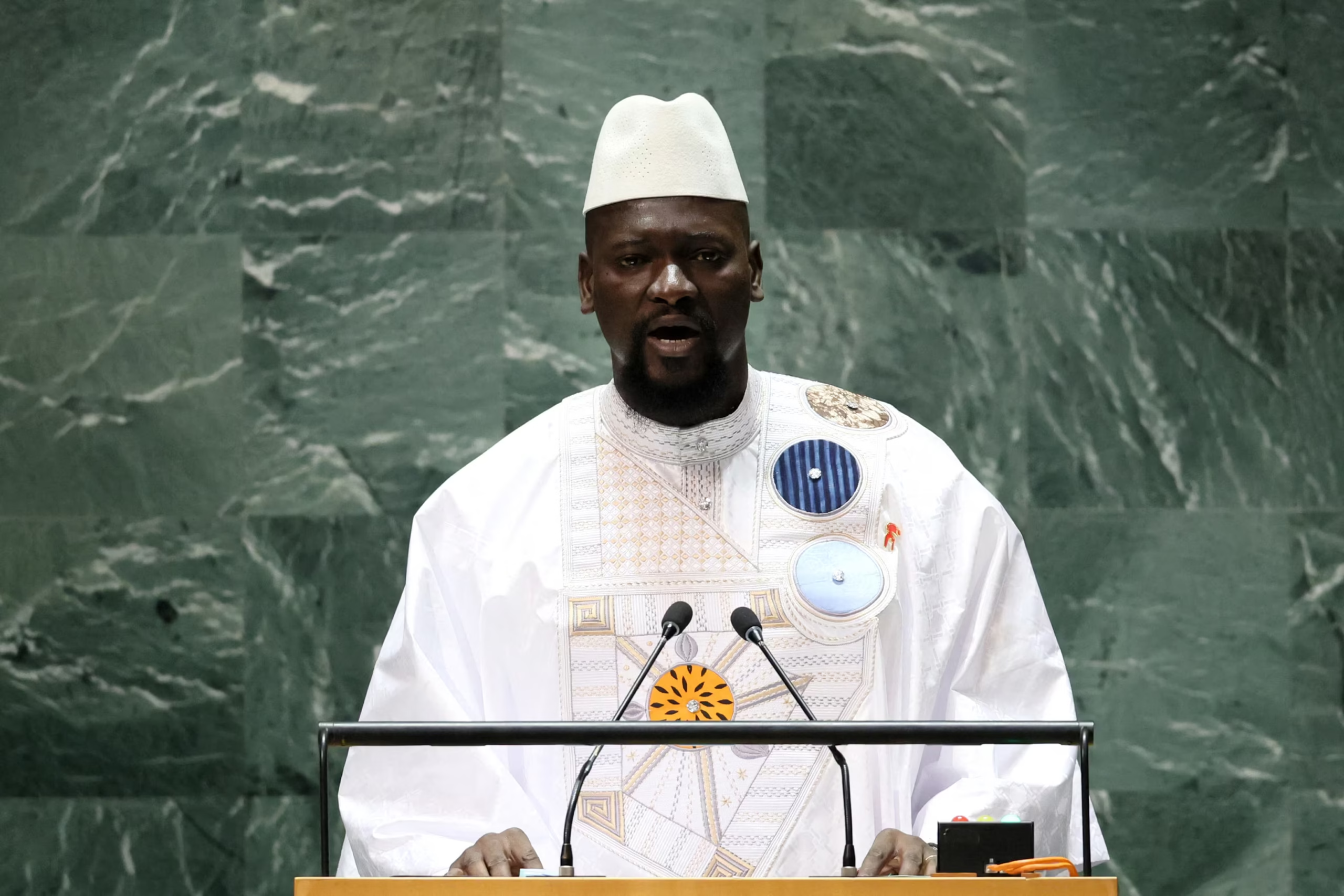
In a significant move aimed at strengthening government coordination and administrative efficiency, Guinea’s transitional president, General Mamadi Doumbouya, has signed a decree amending the February 7, 2022 law outlining the mandate and structure of the General Secretariat of the Government (SGG). The new decree was announced on national television on Saturday, July 12, 2025.
The restructured SGG is now organized into three main chapters and 14 articles. The General Secretariat’s primary function, as reaffirmed by Article 1, is to assist the Prime Minister in planning, coordinating, and monitoring the activities of the government in line with the national policy set by the President of the Republic.
Its expanded responsibilities include preparing meetings for the Council of Ministers and other inter-ministerial bodies, providing secretariat support, ensuring legal oversight of government actions, monitoring policy implementation across ministries, and overseeing the publication of laws and regulations in the official journal.
It will also serve as the administrative link between government and national institutions, oversee the modernization of government operations, manage official archives, and contribute to human resources development, particularly in strengthening the capacities of senior civil servants.
Further provisions include the management of secure state documents, the promotion of gender equity in departmental operations, and an emphasis on integrating environmental considerations into project planning.
The updated organizational chart, as defined in Articles 2 through 9, positions the Secretary General of the Government—who also serves as the department’s principal authorising officer—at the head of the structure, supported by a Deputy Secretary General.
The office includes multiple national directorates, such as those for government operations, normative compliance, and senior official management, alongside newly defined support services, including a public procurement unit, communications department, and a health and safety division.
The reform also outlines the creation of public programs and projects directly linked to the Secretariat’s domain, as well as autonomous bodies like the Administrative Documentation Centre (CDA) and the government printing office.
A disciplinary council is established as an advisory and oversight mechanism.
The decree explicitly revokes all prior conflicting provisions and takes effect immediately, marking another step by the CNRD-led government to centralize and professionalize Guinea’s public administration since taking power in September 2021.



